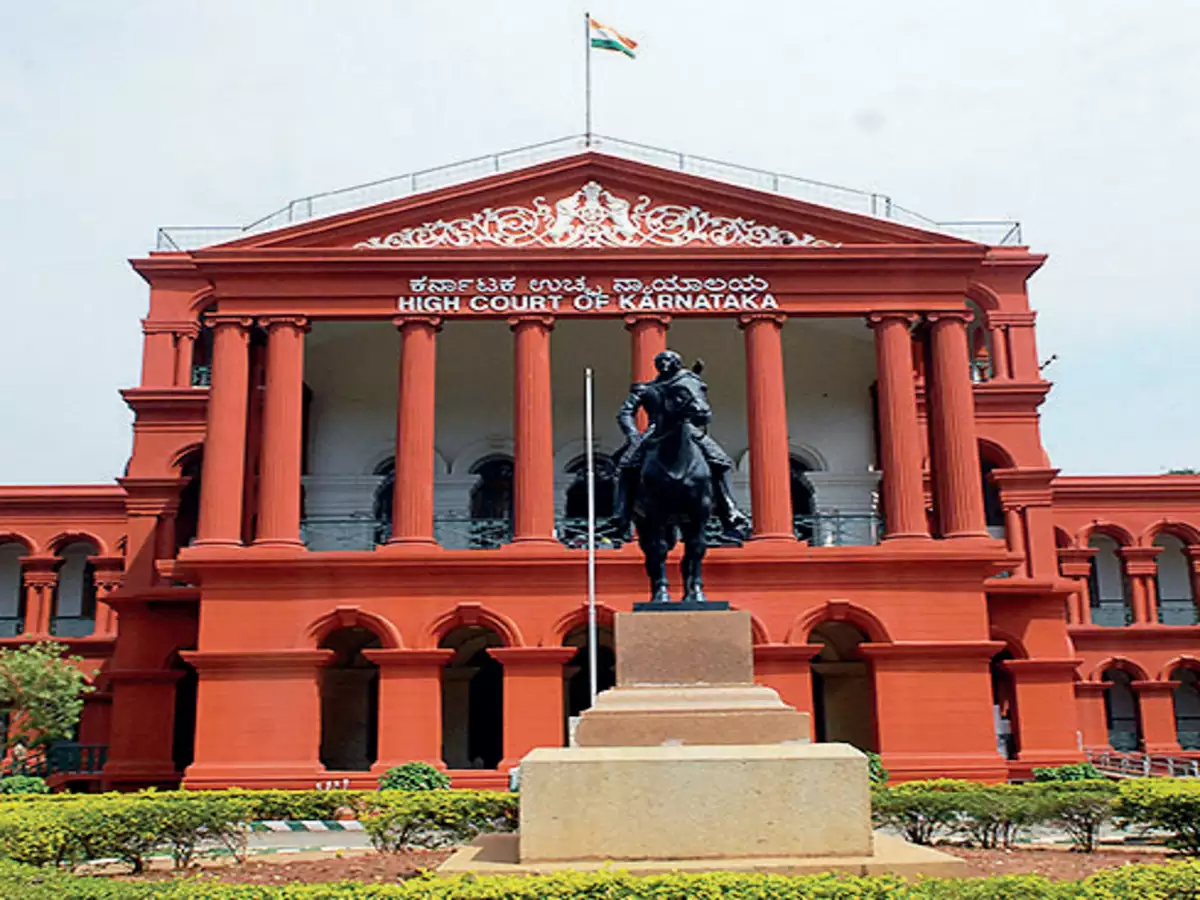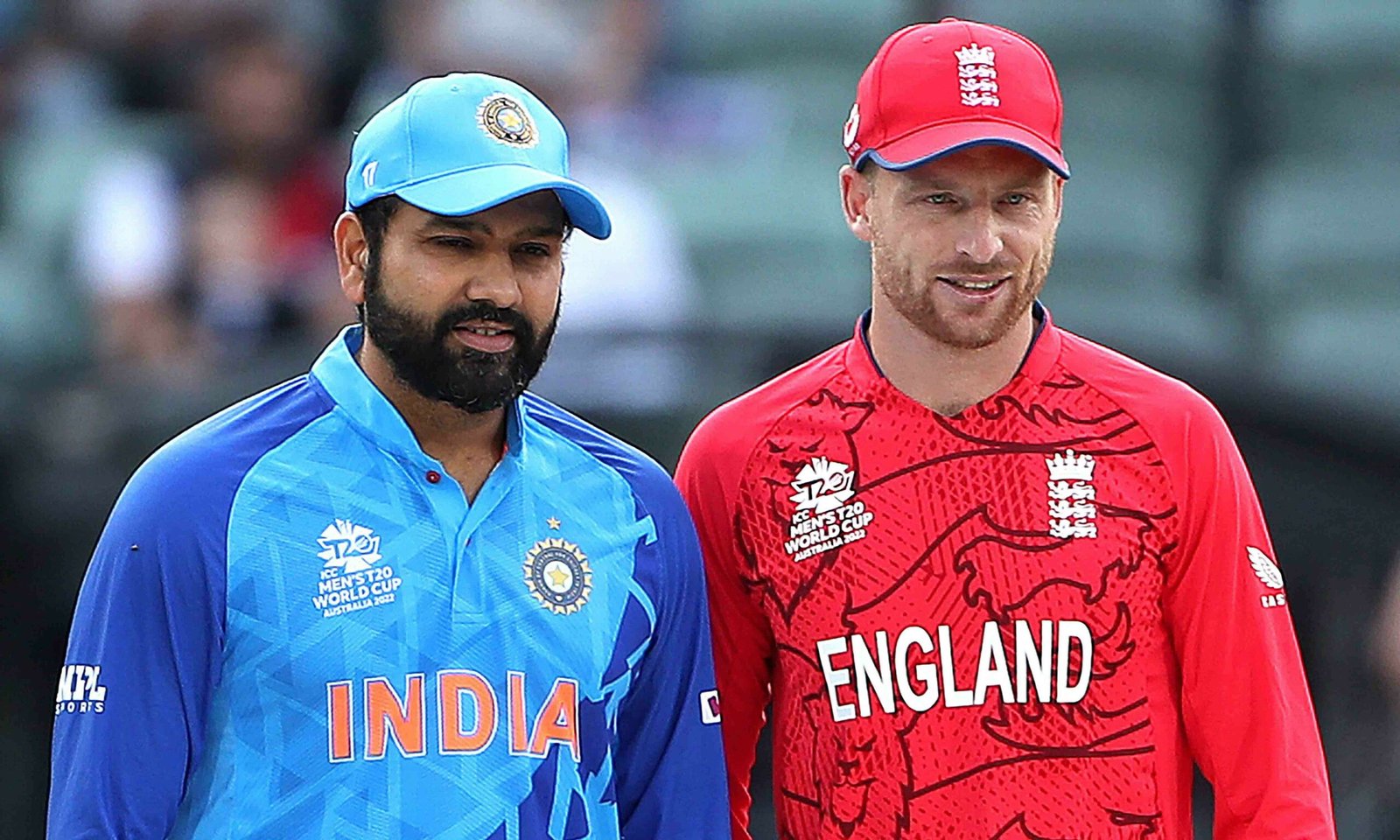The Karnataka High Court recently emphasized the responsibility of a spouse to care for their wife and children, especially if they are disabled, as commanded by the holy Quran. The court rejected a petition filed by a Muslim man against a maintenance award granted by a family court in favor of his estranged wife and children.
Justice Krishna S. Dixit issued the order after finding no evidence to support the husband’s claims that his estranged wife was employed or had a source of income. The court held that the primary responsibility to care for the wife and children lies with the husband, as directed by the Holy Quran and Hadith.
The husband argued that the monthly maintenance amount of 25,000 was excessively high, but the court deemed such an argument unacceptable in modern times when the cost of basic necessities exceeds the price of blood.
The court clarified that the purpose of awarding interim or permanent alimony is to ensure that the dependent spouse does not face poverty or homelessness due to the dissolution of the marriage and not as a means of punishing the other spouse. There is no rigid formula for determining the amount of maintenance, as stated in the court’s order.
Furthermore, the court dismissed the husband’s appeal and noted that there was no basis for the High Court to intervene under Article 227 of the Constitution against the family court’s order in Bengaluru.



